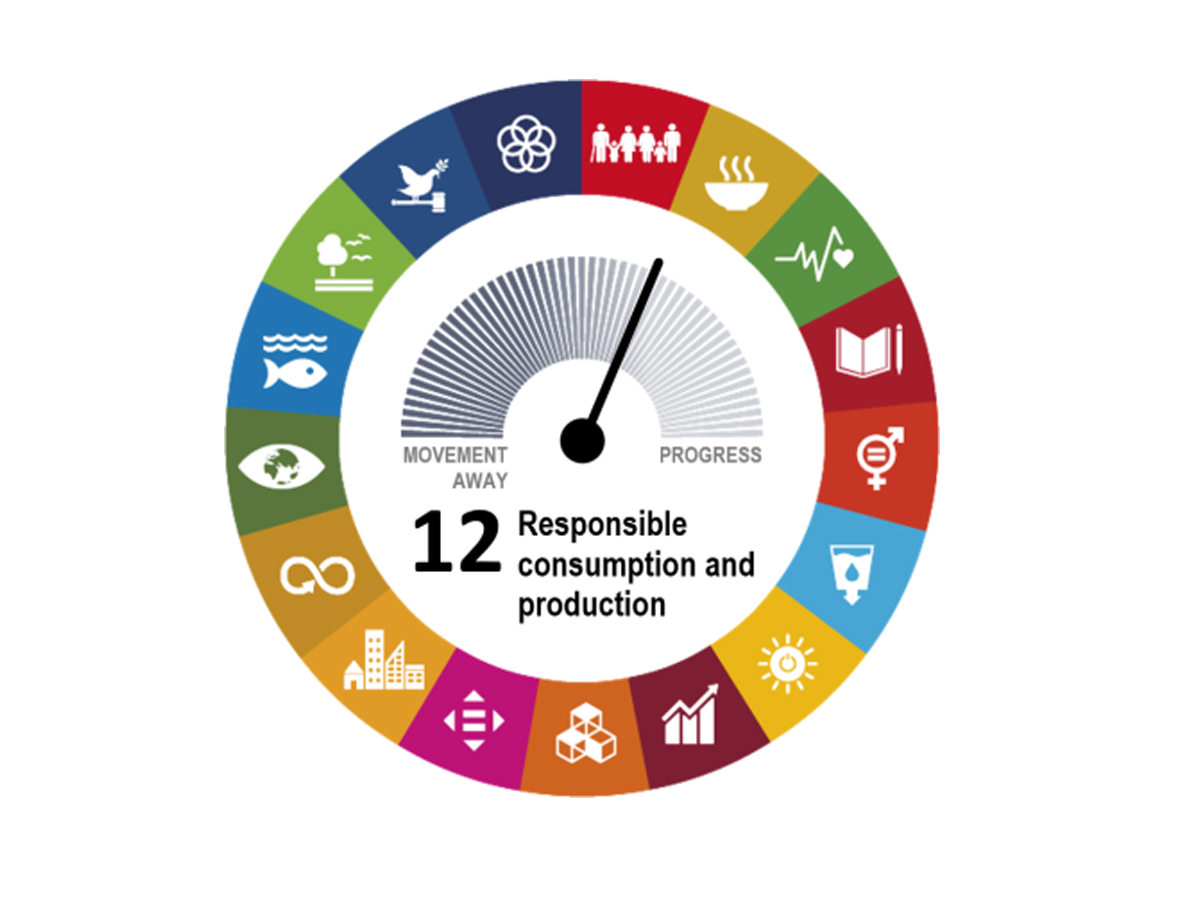Blog

UAE’s Sustainable Development Goal: Responsible production and consumption
By making consumer information more readily available, more easily accessible, and of higher quality, businesses can better communicate with UAE consumers and influence behaviour changes. This will encourage businesses to invest in developing and supplying sustainable goods and services in order to meet consumer demand.
National standards and labelling for the water and energy efficiency of appliances as well as organic food have been established by the UAE Authority for Standardization and Metrology. In addition, the Cabinet recently approved the Emirates Ecological Label programme, which recognises a variety of products' exceptional environmental performance in a manner akin to other federal eco-labels as the German Blue Angel.
The new label will be used on office supplies, interior systems & products, external building items, indoor furnishings, mechanical and electrical tools, packaging products, domestic cleaning supplies, and products made of steel or cement for construction.
In order to capitalise on their power as the biggest consumers in the nation, MOCCAE is collaborating with the Finance Ministry to spread sustainable procurement throughout federal agencies. The government can encourage local government, business, and the general people to engage in more environmentally friendly consumption and production while also assisting in reducing the climate impacts and carbon
impact of its own operations.As component of the Dubai Demand-Side Management Strategy, the Dubai Central Committee of Energy launched a green public procurement programme in 2013. The DSCE set general standards and requirements for indoor lighting with a focus on water and power saving, which are now being implemented in all local state bodies. The addition of criteria for other purchasing categories will happen gradually.
Climate change and environment
2017 saw a number of extreme occurrences, including the hurricanes Irma, Harvey, and Maria that wreaked havoc on the Caribbean islands and were primarily ascribed to human-induced climate change. It is obvious that immediate action is necessary given that 2016 was the warmest year since records began and that the atmospheric greenhouse gas concentration reached its greatest level in 800,000 years. Because of this, the UAE adopted the National Climate Warming Strategy 2017–2050 in 2017, a first for the region. The Plan provides a thorough framework for transforming to a climate resilience green economy while controlling greenhouse gas emissions, reducing climate risks, and boosting capacity for climate adaptation
As a result of the conviction that, despite its challenges, climate change presents a chance to develop through partnerships and innovation, it lays a significant emphasis on involving the private sector and other stakeholders in the development of creative solutions.
Dubai Real Estate FAQ
These are some of the most common questions and answers about real estate.
All FAQ's